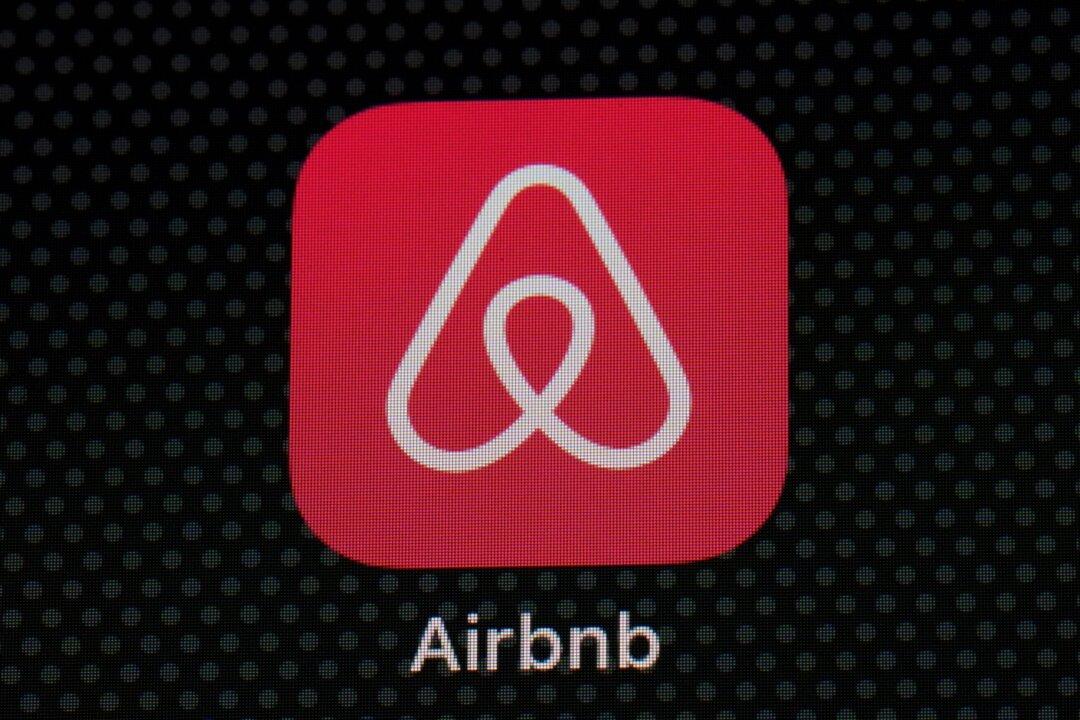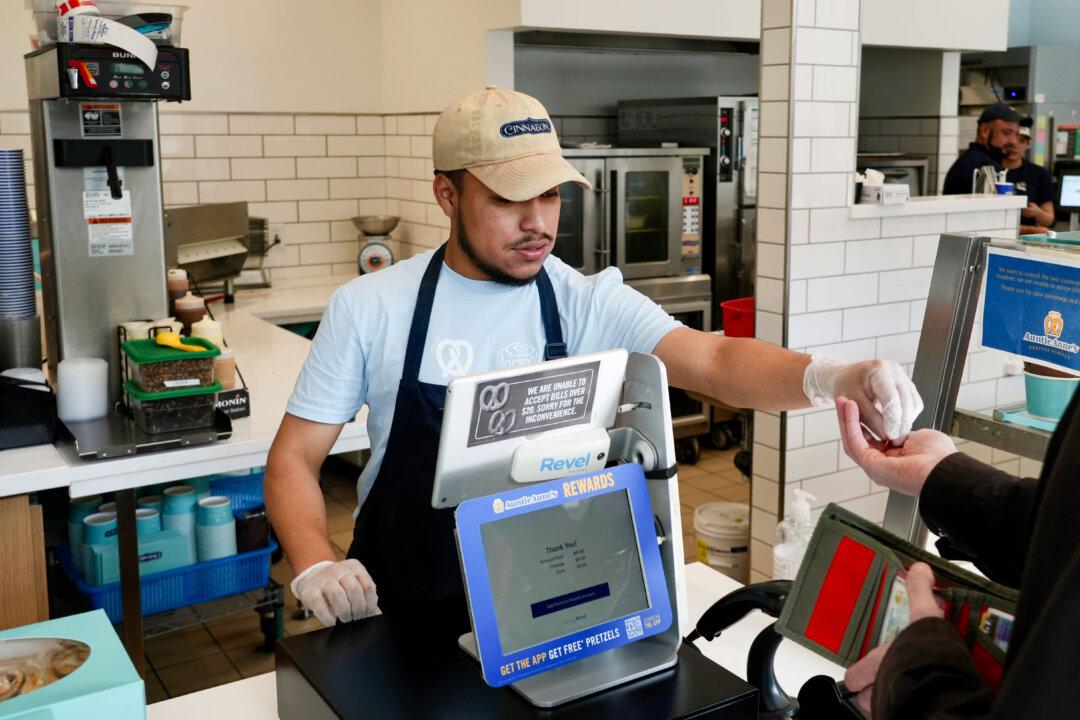Airbnb is facing a mountain of challenges to its listings across the United States. The company, nevertheless, reported that its bookings reached an all-time high this year after reporting $2 billion in profits last year. With a stock price up by almost 50 percent this year, new zoning and tax restrictions enacted by cities and states, however, are taking some of the luster from those trying to use Airbnb for their property.
The heyday for Airbnb hosts started during the pandemic, beginning in mid-2021 and mid-2022, when the number of new hosts in the United States increased by more than 50 percent. But since then, many towns and cities have attempted to limit a host’s opportunity to make some extra money from their properties.





